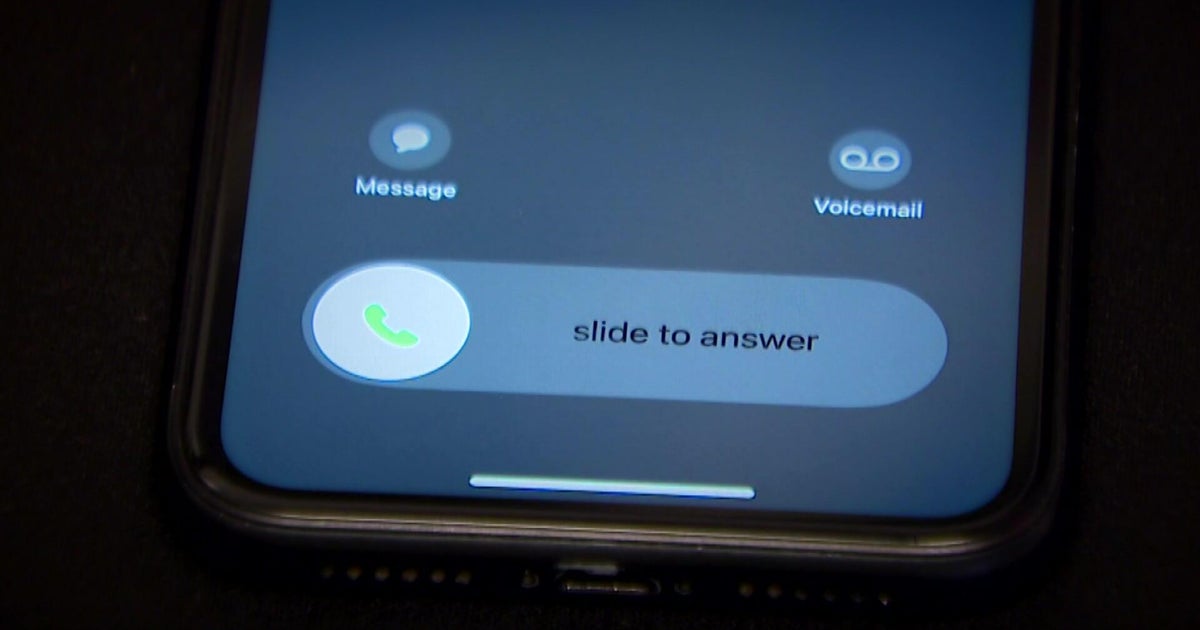Seen At 11: Phony Tech Support Scams Target Web Users
NEW YORK (CBS 2) -- Virtually everyone has had some sort of problem with his or her computer that prompted a call to tech support.
But as CBS 2's Maurice DuBois reported Tuesday night, that call could cost you due to the the latest cyber scam sweeping the Internet – phony tech support sites.
When someone hacked into Teresa Allissa Citro's Facebook page, she said she did not know what to do.
"We just immediately panicked," Citro said.
After searching online for Facebook phone tech support, she called the first number that popped up and was told they could help her for $129.
"They also were supposedly putting on some kind of a device so that we couldn't be hacked again," Citro said.
But it turned out that Citro was not talking to Facebook. The social networking giant doesn't even offer "phone tech support."
Citro was scammed. And she is not the only one.
Phony tech support schemes, according to the Federal Trade Commission, are the fastest growing cyber scams targeting consumers today.
"The goal is to get consumers to pay hundreds of dollars for unnecessary computer repair services," explained FTC attorney Colleen Robbin.
The FTC said it has received thousands of complaints and recently launched a major tech support scam crackdown, filing complaints against several companies based predominantly in India.
"It was very interesting how persuasive the defendants were in trying to trick consumers," Robbin said.
Experts said the scammers rely on two different schemes. They either cold-call people, claiming to be a major software company such as Microsoft, Norton, McAfee or Dell, or they advertise online posing as a legitimate tech support firm.
In both instances, the scammers try to convince people to provide remote access to their computers so they can get their hands on victims' personal information.
CBS 2 tried calling some of the so-called "Facebook tech support" listings.
"You can only help me by getting in my computer?" a producer asked.
"I can just help you out only if you allow me to get into your computer ma'am," an operator replied aggressively.
Once in, the scammers try to sell their victims repair services that do not exist, or scare them by claiming their computers are riddled with viruses and malware.
"But there's nothing wrong with your computer and they're not going to fix it for you," said Kevin Haley, a security software maker at Symantec.
Citro learned all that the hard way after shelling out $129.
"I never expected that I wasn't speaking to Facebook because they answered the phone call with 'this is Facebook technical support,'" Citro said.
Experts warn that you should not use online search results to find a company's tech support number. Go to the company's website to get contact information.
You May Also Be Interested In These Stories







